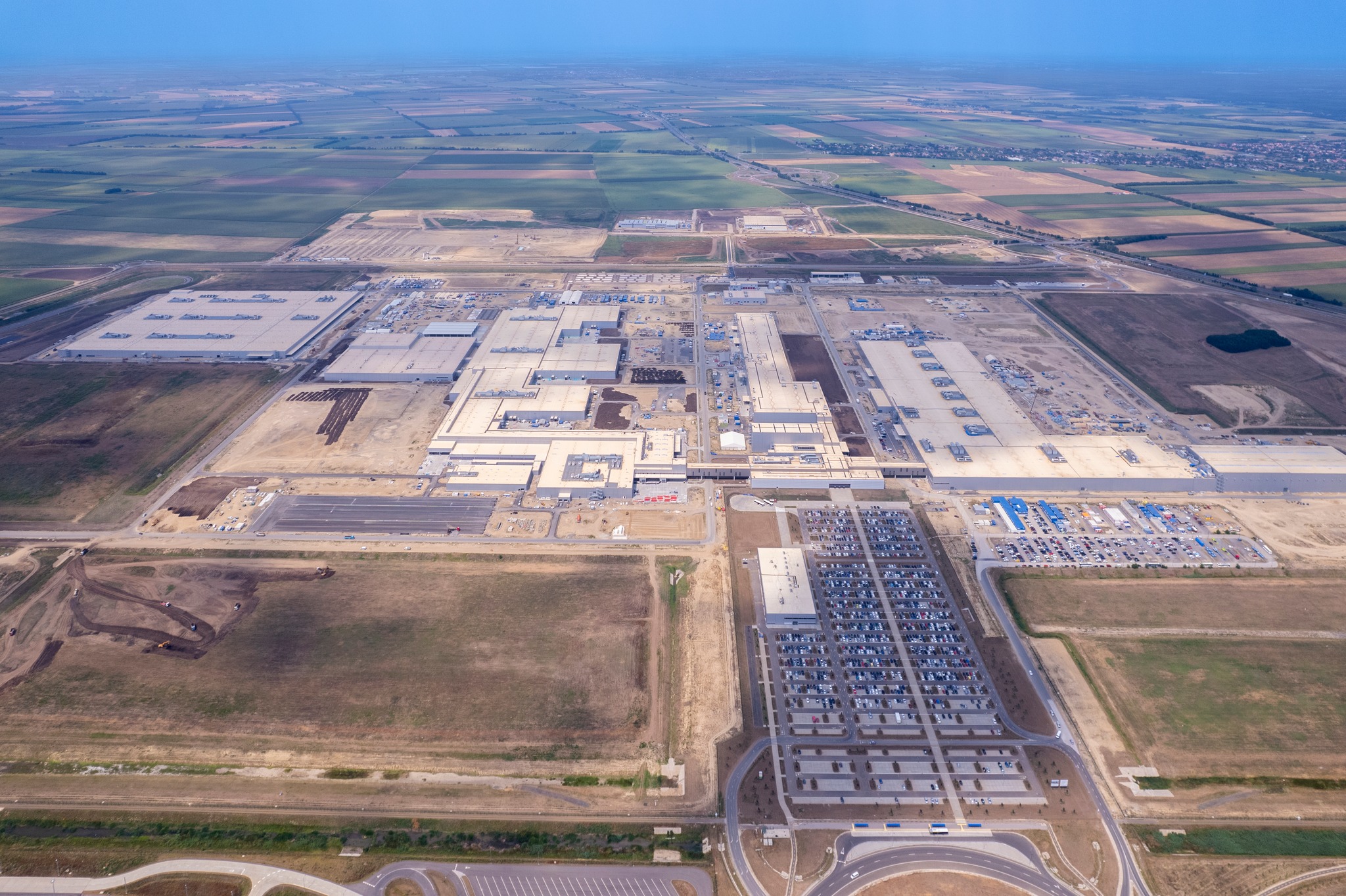
According to the Finance Minister, gross wage could increase by 8.6 percent next year.Continue reading

According to calendar-adjusted data of the Hungarian Central Statistical Office (KSH), the volume of industrial production decreased by 5.4 percent in September 2024, compared to the same period of the previous year, while it declined by 0.7 percent compared to the previous month. The performance of domestic industry continues to be held back by the weak external environment and demand, in particular the agony of German industry. On a positive note, the food industry showed year-on-year growth, the Ministry for National Economy revealed in a statement on Wednesday, commenting on the latest industrial statistics report.
The analysis highlighted that the data shows that economic neutrality is the solution to the excessive dependence on the German economy. In addition to the West, which is struggling with competitiveness problems, “Hungary’s economic relations” with the East, which is currently showing much higher growth, must also be strengthened.
Economic neutrality can help to restore the performance of industry, and the performance of the national economy will be continuously boosted in the near future by major giga-investments
such as CATL, BYD, BMW, SEMCORP, or EcoPro, giving a new impetus to Hungarian industry, the ministry highlighted in its analysis.

BMW’s plant in Debrecen (eastern Hungary). Photo: Facebook/BMW Group Gyár Debrecen
They stressed that the government has developed a new economic policy action plan consisting of 21 measures that will inject significant amounts of money into the Hungarian economy, further stimulate consumption, and give a new impetus to investment and domestic industry, thus supporting the Hungarian economy to achieve growth above three percent in 2025.
In addition to the work credit, the doubled family tax allowance, and affordable housing measures, the action plan also includes the Sándor Demján program, stimulating the improvement of SMEs’ productivity with preferential loans and a HUF 100 billion (EUR 245 million) capital program, the ministry recalled.
As part of the Sándor Demján program, the government reduced the annual interest rate for investment-type loan products under the Széchenyi Card program (popular fringe benefit) to 3.5 percent from November 1, 2024. The government’s measure could reduce the financing burden of businesses by over a quarter for a 10-year loan of USD 100 million through preferential interest rates, the ministry concluded the commentary on the preliminary industrial production indicators for September.
Via MTI; Featured image via Facebook/Mercedes-Benz Gyár Kecskemét